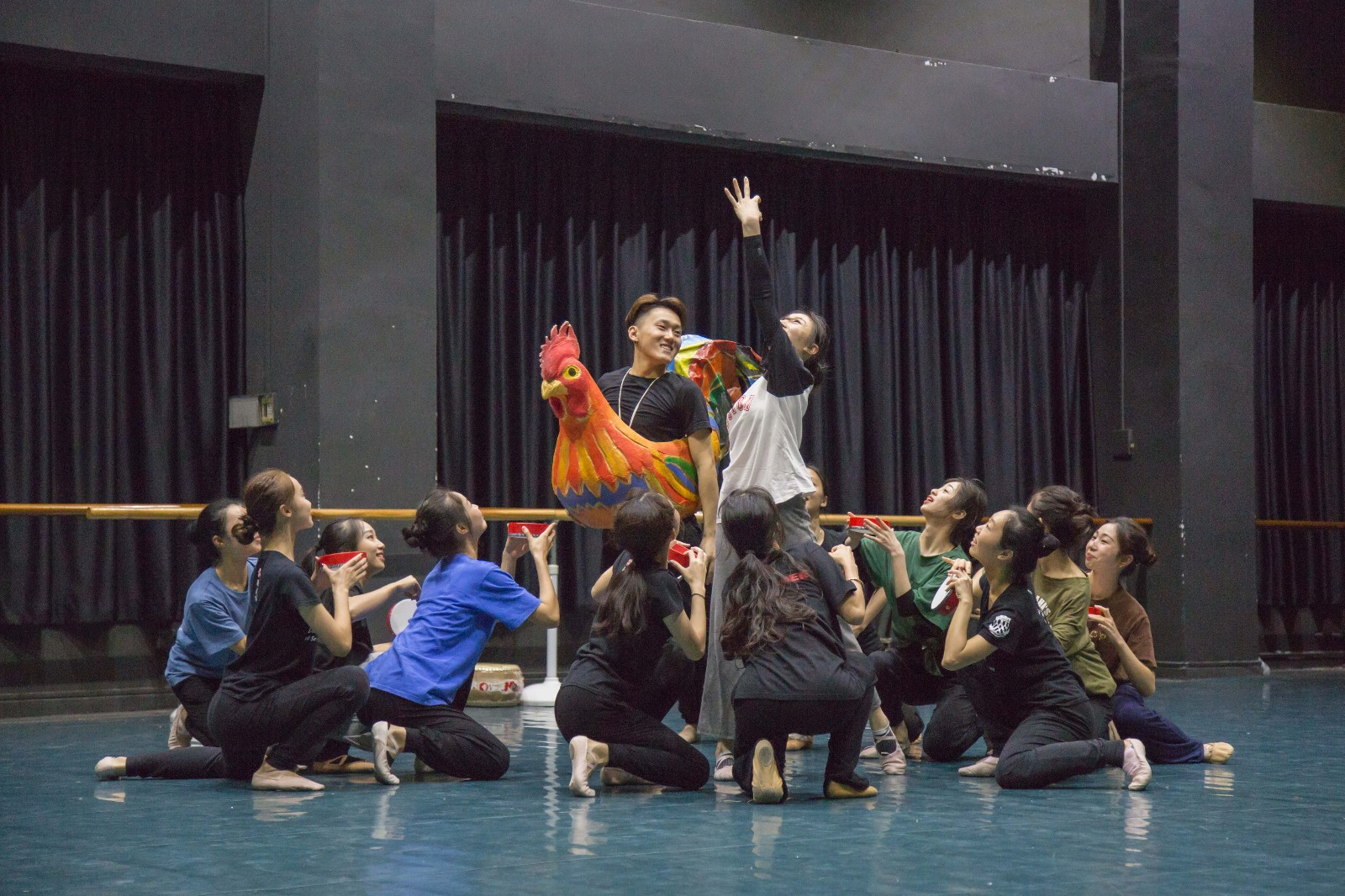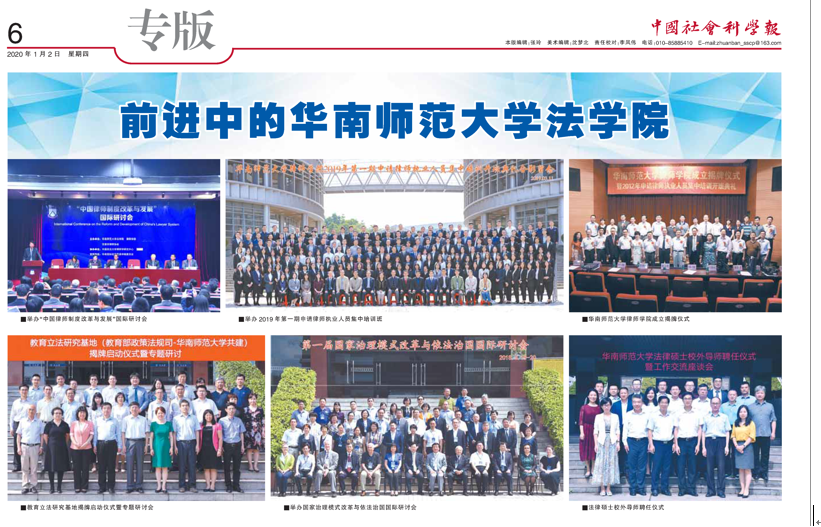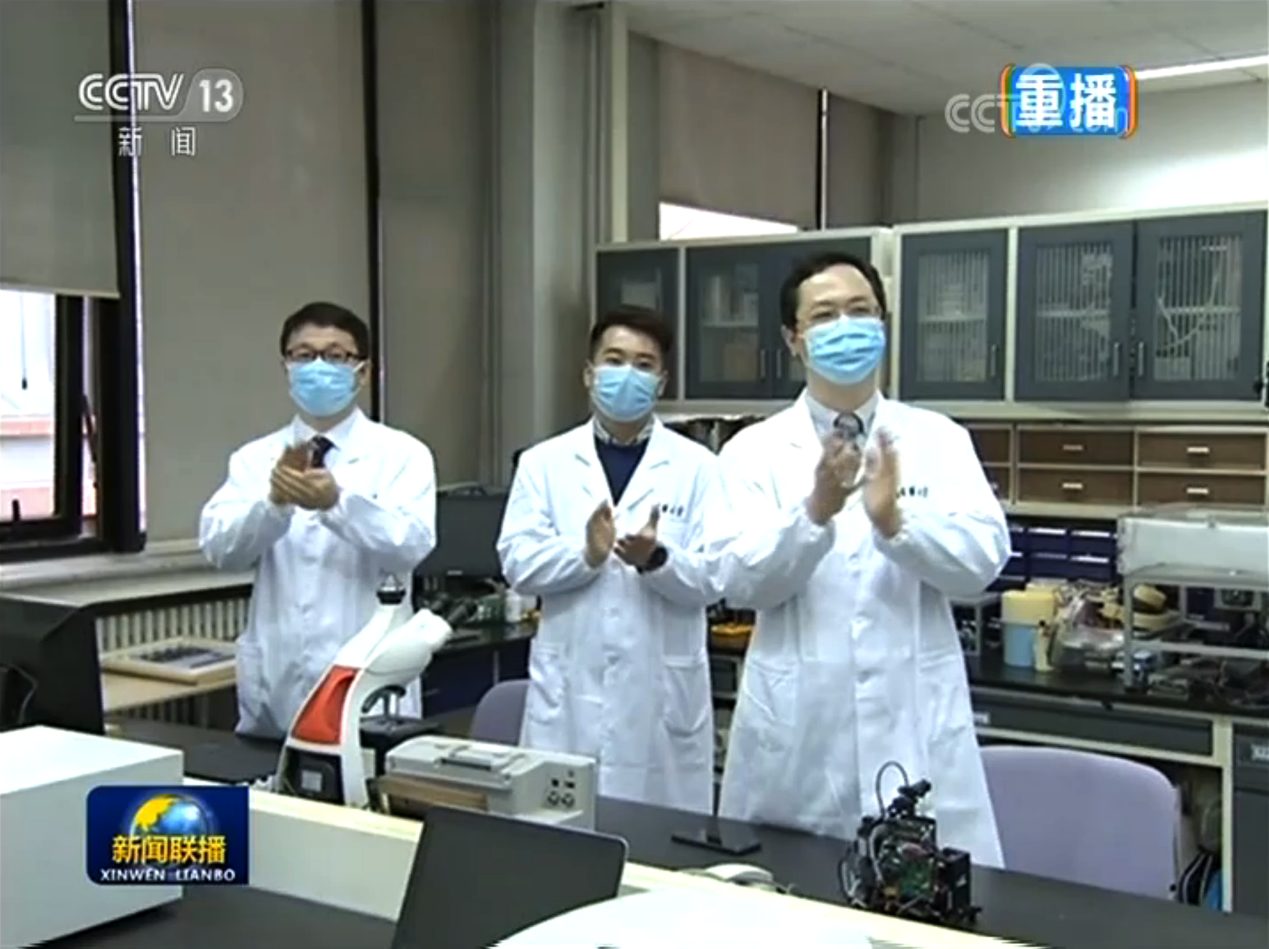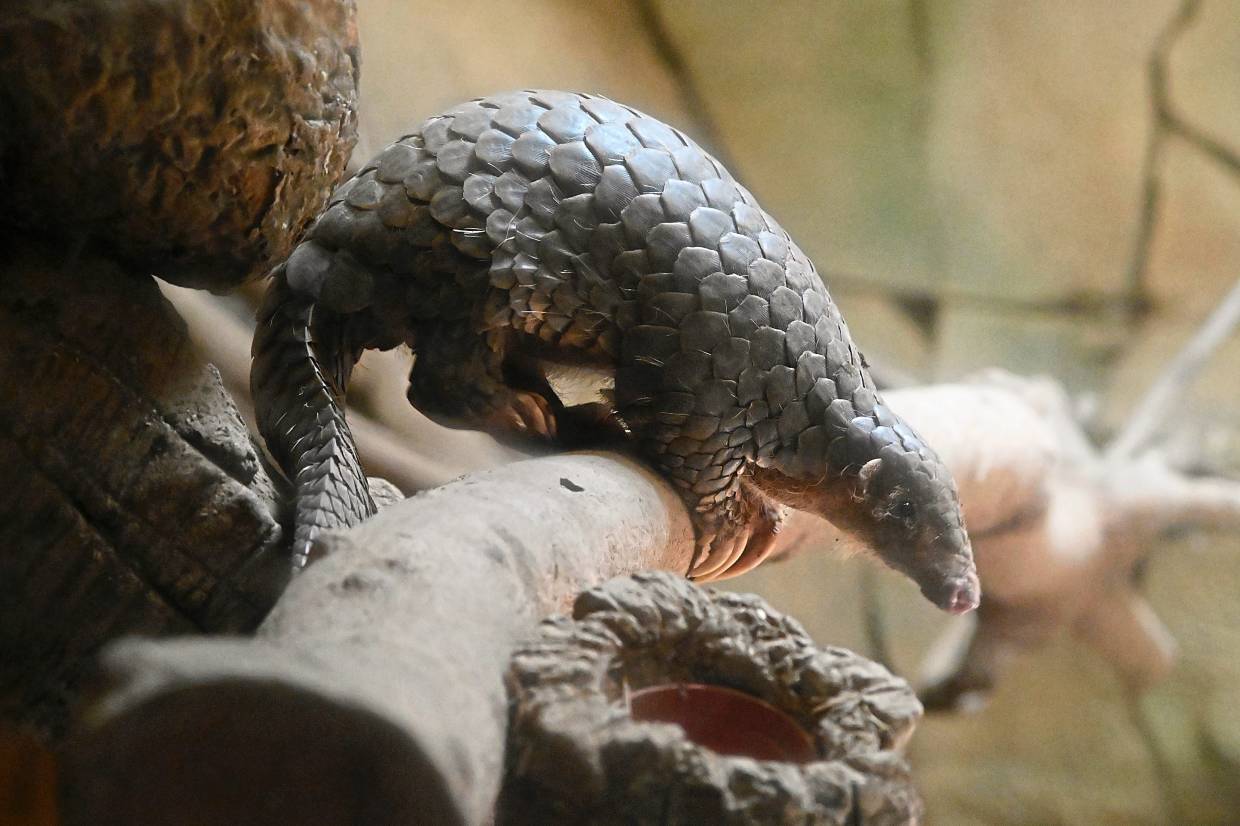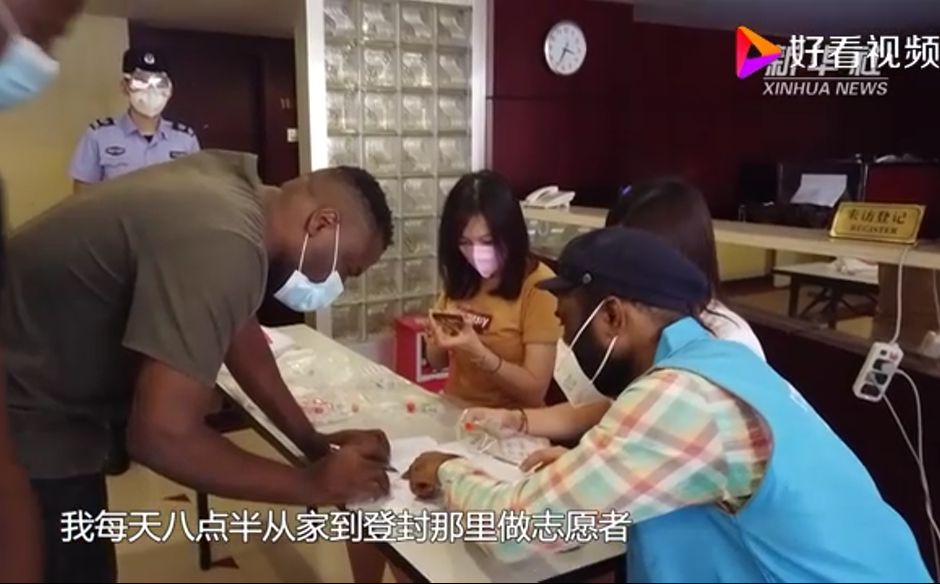
Likes
A renowned psychologist in China has advised young adults to date more, and warned that a "hook-up" culture cannot replace romantic relationships.
On May 20, Chi Yukai, a psychologist from South China Normal University in Guangzhou, Guangdong province in the south of the country, delved into the attitudes of young people towards relationships in an interview with the mainland media outlet Phoenix News.
Chi said that the 18 to 25-year-old demographic – generally referred to as Generation Z – is the prime age group for dating.
However, he believes China's young adults now tend to overthink and hesitate when it comes to starting a relationship.
The traditional Chinese view of teenage romance is often negatively labelled as zao lian, which means "premature love".
Many parents on the mainland believe that early dating distracts students and harms their academic performance.
Chi opposes the societal notion of zao lian, calling it an "utterly toxic pseudo-concept", explaining the misconceptions about romantic relationships that stem from the idea.
In China, while dating before college is frowned upon, after college, young adults are pressured into marriage, often realising their true partner preferences too late, which can lead to extramarital affairs.
"Therefore, it is appropriate to encourage secondary school students to express their feelings of love in safe conditions," Chi said.
The willingness of young people to date scores about 5 out of 10 in China, according to the 2023 Young People's Dating Attitudes Report.
Of the 2,801 participants surveyed, more than half believed that love relationships would impact their personal career and academic development.
Chi views the notion of not marrying or dating as a product of societal progress.
"Economic development diversifies marriage forms and romantic relationships. Many people now believe they can live wonderfully alone," he said.
Meanwhile, the popular dazi, or "hook-up" culture, largely fulfils the emotional needs that romantic relationships typically address.
For young people in China, the concept of dazi culture is simple, people gather to engage in activities they enjoy.
These partners can be foodies, fitness buddies or travel companions.
Unlike friendships and romantic relationships, the concept of dazi, or partners, is built on brief and almost superficial companionship.
The younger generation believes that these weak ties and light social interactions with dazi provide more efficient emotional companionship than dating.
However, Chi warns that such a culture cannot replace authentic love experiences.
"Finding a dazi only seeks simple, immediate pleasure, but life requires more profound emotional support," he said.
The psychologist's dating advice has sparked a heated discussion on mainland social media.
"Indeed, finding a dazi isn't a long-term plan. We should cultivate more meaningful intimate relationships, such as with family, a romantic partner, and close friends," one online observer wrote on Weibo.
"This psychologist is too idealistic. People aged 18 to 25 are busy with their studies and jobs. Many do not have weekends off and work overtime every day. Where do they find the energy and time to date?" said another.
"I don't accept your advice. Everyone's life path is unique. Focusing on dating at this age could mean missing out on many other opportunities," said a third person.
This news article originally appeared on website of the South China Morning Post with the headline "Top professor urges China youth to date more, says ‘hook-up’ culture cannot replace authentic love".
Source: South China Morning Post
What to read next:
